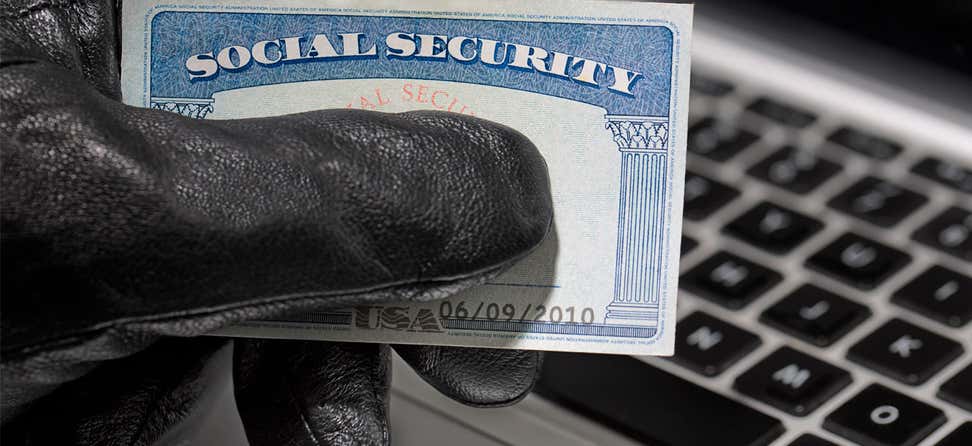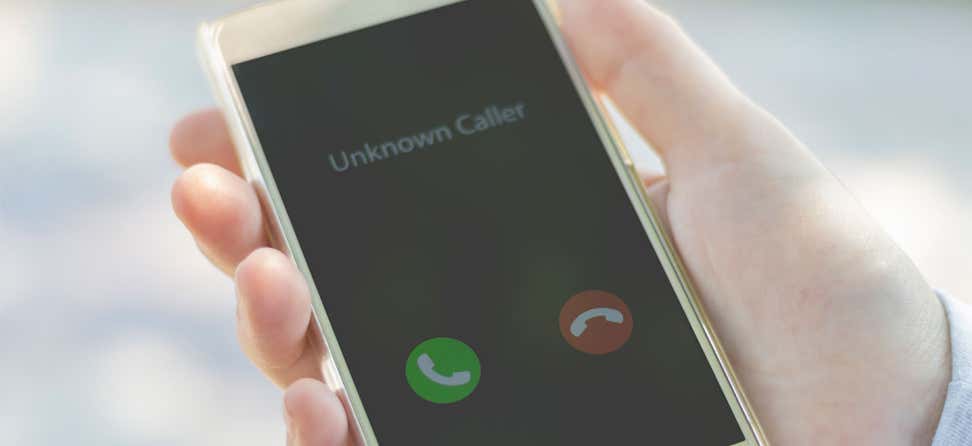Key Takeaways
Impostors pretending to be calling from Social Security is a common scam.
Be wary of donating to charities you haven't heard of, especially when they claim to be helping victims of the latest disaster.
Anyone asking to be sent money through gift cards is almost always a scammer.
It is estimated that older adults lose billions of dollars to scammers each year. But there is good news—last year the Federal Trade Commission noted that older consumers are more likely to report they’ve been victimized by financial exploitation than their younger counterparts.
Here are three scams that are notably making the rounds.
1. Beware of Social Security spoofing calls
There’s been a significant uptick in fraudulent telephone calls from people claiming to represent the Social Security Administration (SSA). In them, unknown callers threaten victims that they face arrest or other legal action if they fail to call a provided phone number or press the number indicated in the message to address the issue. Sometimes the scammers switch tactics and say that they want to help an individual activate a suspended Social Security number. They may even “spoof” the actual Social Security hotline number to appear on the recipient’s phone: 1-800-772-1213.
If you receive one of these calls, hang up. Know that Social Security rarely contacts persons by phone unless you have ongoing business with them and they never make threats about arrest or legal action.
Report suspicious calls to the SSA Office of the Inspector General by calling 1-800-269-0271 or submitting a report on the OIG website.
2. Watch for a new twist on the old grandparent scam
The grandparent scam has been around for several years. In this approach, a person calls an older adult pretending to be a grandchild who’s been involved in an accident or legal trouble and needs money immediately.
Recently, the Federal Trade Commission (FTC) found that instead of using wire transfer or gift cards, an increasing number of older adults are mailing cash to these fraudsters, with a median individual loss of $9,000. According to reports, the scammers often ask seniors to divide the bills into envelopes and place them between the pages of a magazine, then send them using various carriers, including UPS, FedEx, and the U.S. Postal Service.
The FTC warns that if you or a loved one receives one of these calls, don’t act right away. Call that grandchild back on a correct phone number and verify their whereabouts. If you’ve mailed cash, report it right away to the Postal Service or shipping company you used. Some people have been able to stop delivery by acting quickly and giving a tracking number. Be sure to also file a complaint to the FTC at FTC.gov/complaint.
3. Only work with reputable agencies after a natural disaster
Wildfires, earthquakes, tornadoes, hurricanes—these unpredictable forces of nature can be devastating to those living in affected areas. Even those not directly affected may want to lend support in whatever way they can.
Unfortunately, natural disasters are a golden opportunity for scammers, who target both those who’ve been directly affected and those who want to offer their support. Natural disaster scams typically start with unsolicited contact by telephone, social media, e-mail, or in person. Scammers may:
- Impersonate charities to get money or private information from well-meaning consumers.
- Set up fake websites with names that mimic legitimate charities to trick people into sending money.
- Pretend to be from the IRS and collect personal information under the guise of helping victims file loss claims and get tax refunds.
To find reputable charities to support victims of natural disasters, use the IRS’s tax exempt organization search or look for an organization’s charity rating on places such as Guidestar and Charity Navigator.
If you’re a disaster victim, use NCOA’s BenefitsCheckUp® disaster assistance tool to find legitimate help with relief and financial assistance.
Pass it on!
One of the most important ways to avoid becoming a victim of a scam is to pass along information about scams that are making the rounds. Through the Pass It On campaign, the FTC offers free materials you can download or order and share in your community to protect older adults from scams.










